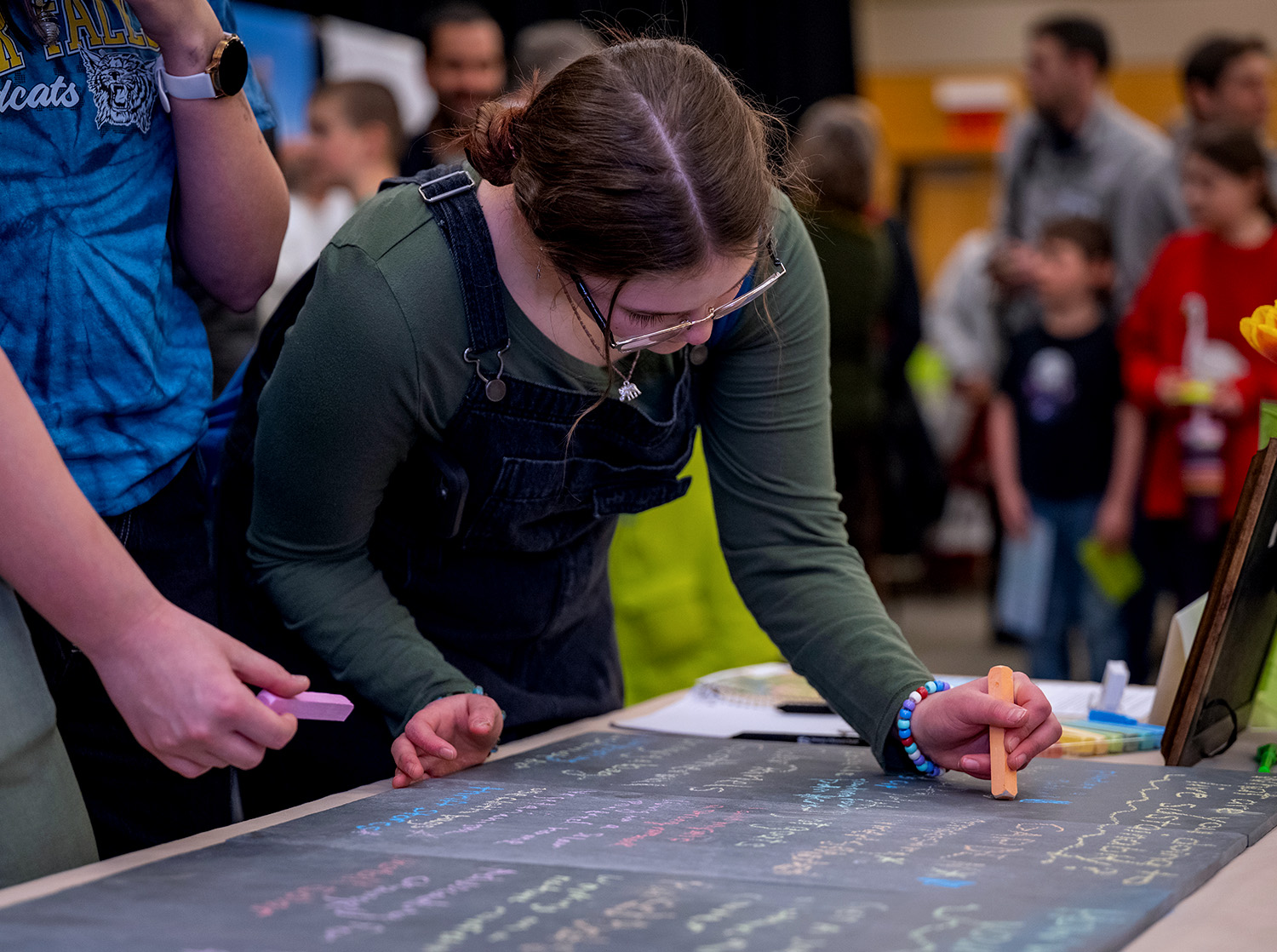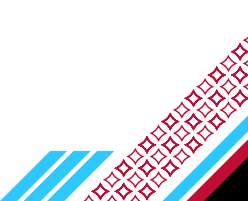Sustainability Curriculum
At UWRF, strategic curriculum integration on sustainability is campus-wide through the ongoing, faculty-led initiative called the Kinnickinnic Project, in honor of the outstanding resource water and Class 1 trout stream that winds through our campus and the River Falls community. We also have more than 40 Sustainability Faculty Fellows who have enacted curricular change in at least one of their courses and champion our efforts on campus.

Sustainability Learning Outcomes
Sustainability Ethics
Students will gain a grounding in the interrelated nature of social, economic and environmental issues, as related to views of interdependence, resource allocation and environmental justice.
Sustainability Praxis
Students will be able to analyze, articulate and envision solutions to problems of sustainability, integrating knowledge data across disciplinary boundaries.
Global Citizenship
Students will internalize an understanding of the consequences of their social, economic and environmental choices, and the possibilities for taking action on the personal and public levels.
Pedagogy
The pedagogy of sustainability-based literacy is as rich as it is complex. Such pedagogy implies that the science of sustainability and its application, is not only a worthwhile academic pursuit, but one that raises the stake in the deliberations over student learning outcomes, and objectivity, if not academic freedom. It is very similar, if not strongly attached to the same pedagogical debates around diversity, social justice, and equity. In fact it is a synergistic expansion of that exact discussion when understood from the “triple bottom line”, “three legged stool”, or other common frameworks for sustainability-based lifestyles, sustainable business models, and sustainable campus~community development; in other words, a holistic systems-thinking approach to integrating environmental, social, and economic performance in the personal, professional, and civic lives of our students, and all our stakeholders, as life-long learners.
For example, just as “diversity education” implies that there are intolerable risks and injustices in the failure to raise literacy and life affirming behaviors by not requiring and/or infusing social justice and equity across the curriculum, intolerable risks and injustices (both human and non-human), are clearly indicated as a result of illiteracy around sustainability. The pursuit of sustainability implies that there is strong evidence pointing to the need to avoid “unsustainability”. That in itself is one of the most critical student learning outcomes to be considered, pedagogically.
The values, principles and practices of sustainability are revolutionary in this regard, as they imply that many traditional values and ways by which humans think of themselves in relationship to each other and the natural world are clearly in question. Developing student learning outcomes, curriculum and pedagogy that bring students to a high level of understanding of sustainability-based contexts in the pursuit of truth and its application in the world is already firmly in motion.
Such pedagogy ranges from traditional classroom setting methodologies to the most intense immersion experiences that one might imagine, whether in Semester Abroad in Europe, service learning in the inner city gardens of Milwaukee or neutrino research in Antarctica. The most intense experience and reinforcement of learning outcomes, or not, is the daily walk the talk immersion experience of the campus as a real-life sustainability laboratory; ecologically, socially and economically.
It is not hard to argue that sustainability is one, if not the strongest, of the single platforms from which to provide multidisciplinary, place-based, experiential education that brings a dimension to the lives of our students that will be richly rewarding by all measures. There are significant pedagogical discussions for sustainability already well entrenched in higher education in the U.S. and internationally. A web search will quickly reveal many of these.
Faculty Fellows
- Grace Coggio, Communication and Media Studies; Sustainability Faculty Fellows Coordinator
- Jill Coleman-Wasik, Plant and Earth Science
- Veronica Justen, Plant and Earth Science
- Joseph Gathman, Biology
- Holly Dolliver, Plant and Earth Science
- Molly Gerrish, Early Childhood Degree Completion Program
- Dawn Hukai, Accounting and Finance
- Arpan Jani, Computer Science and Information Systems
- Erik Johnson, Stage and Screen Arts
- Logan Kelly, Economics
- Doug Margolis, English
- Gay Ward, Continuing Education Instruction
- Dean Olson, Agricultural Engineering Technology
- Joel Peterson, Agricultural Engineering Technology
- Jennifer Willis-Rivera, Communication and Media Studies
- Paul Shirilla, Health and Human Performance
- Lori Swanson, Communication Sciences and Disorders
- Youngmi Kim, Agricultural Engineering Technology
- Ryan Fischer, History and Philosophy
- Matt Dooley, Geography and Geographic Information Science
- Brett Kallusky, Art
- Chris Holtkamp, Plant and Earth Science
- Kevyn Juneau, Plant and Earth Science
- Tovah Flygare, Accounting and Finance; Agricultural Economics
- Ann Lawton, Art
- Arquimides Reyes, Animal and Food Science
- Bob Zhiwei Zeng, Agricultural Engineering Technology
- Karalyn Littlefield, Animal and Food Science
- Kathy Welch, Stage and Screen Arts
- Moira Lynch, Politics, Geography and International Studies
- Souzeina Mushtaq, Communication and Media Studies

